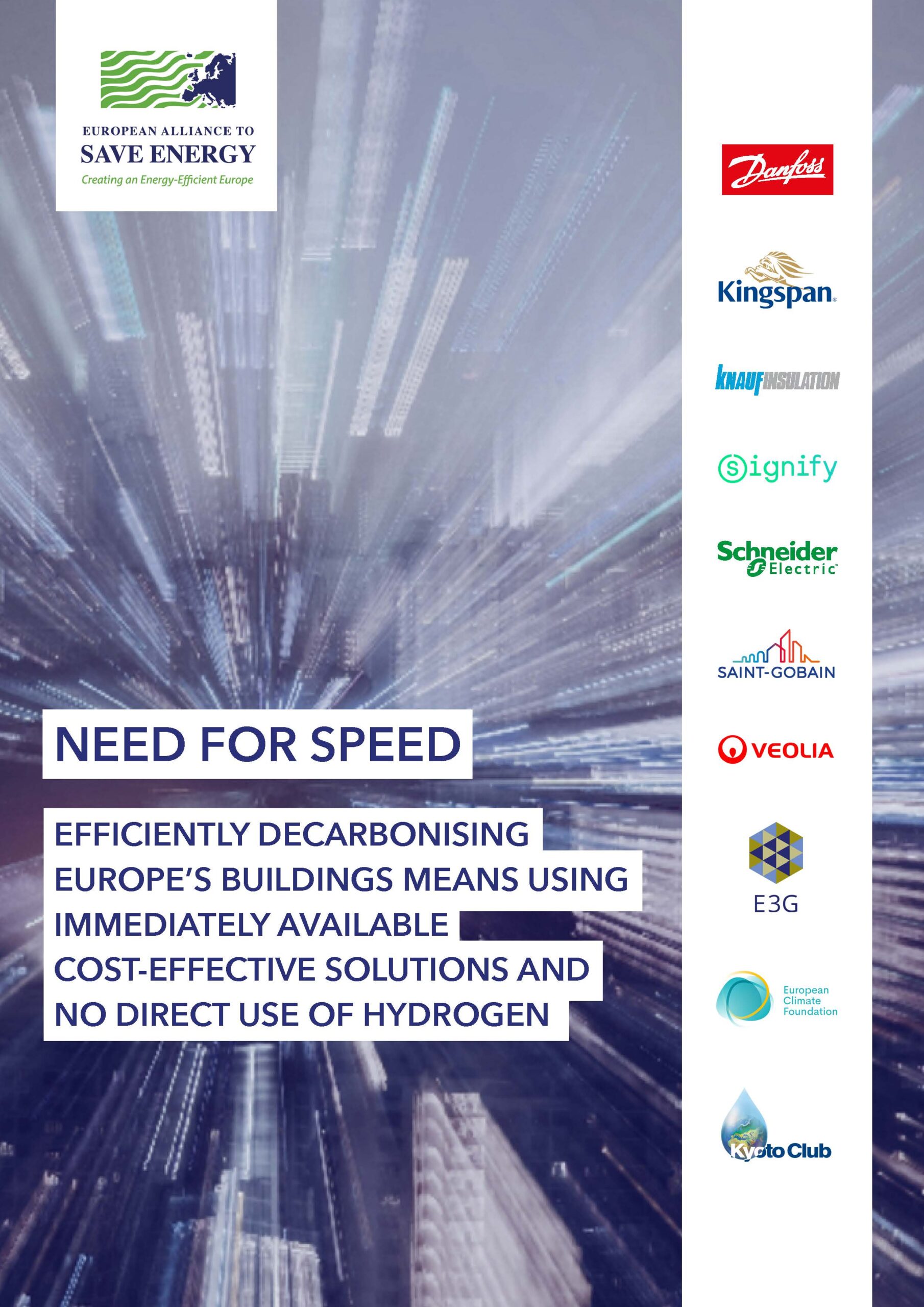Broad coalition calls on EU not to rely on hydrogen to decarbonise buildings

33 businesses, industry associations, NGOs, and think tanks joined forces to urge the European Commission to prioritise available efficient and sustainable solutions to decarbonise Europe’s building stock, and avoid the direct use of hydrogen.
Addressing EU Commission Executive Vice-President Frans Timmermans in an open letter, the co-signatories underline that to achieve a higher 2030 EU climate target, massive emissions reductions in the building sector will be needed (<60% compared to 2015). This requires applying the energy efficiency first principle and boost the integration of renewables, as envisaged by the Renovation Wave strategy.
While it is true that renewable hydrogen can play a role in decarbonising hard-to-abate sectors, its direct use for heating on a large scale is problematic because it comes with many uncertainties linked to the scalability, costs of its production and inefficiencies, the letter says.
To optimise the process of heat decarbonisation in the medium and long-term, the EU should favour energy efficiency options as they can immediately deliver real carbon savings, while accommodating a growing share of renewable sources.
The co-signatories call on the Commission not to overestimate the potential of “zero-emission gas”, which would be mostly imported from abroad. Doing that would constrain EU taxpayers to fund unnecessary infrastructures, such as gas pipelines (or their upgrade), diverting financial resources from immediately applicable and more sustainable heat decarbonisation solutions.
Monica Frassoni, President of the European Alliance to Save Energy (EU-ASE), said:
“To achieve higher emission reductions by 2030, the EU must act fast to decarbonise buildings as one of the most energy consuming and polluting sectors. To make this happen, we need to prioritise energy efficiency and renewables, while using hydrogen to decarbonise harder-to-abate sectors, like chemicals and steel.”
The European Alliance to Save Energy (EU-ASE) aims to ensure that the voice of energy efficiency is heard across the European Union. EU-ASE members have operations across the 27 Member States of the European Union, employ over 340.000 people in Europe and have an aggregated annual turnover of €115 billion.
Media contact
Matteo Guidi
matteo.guidi@euase.eu
+32 493 37 21 42

